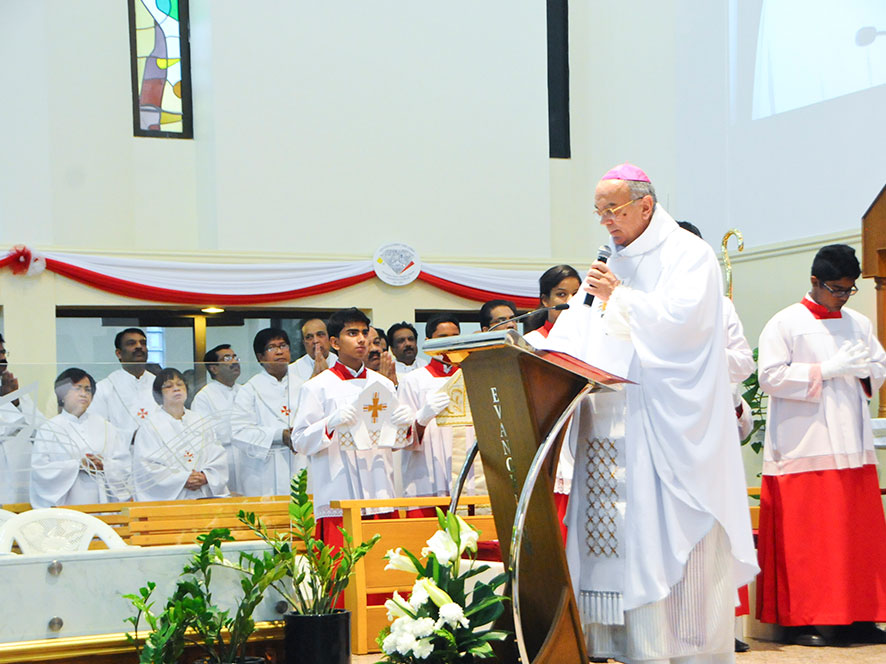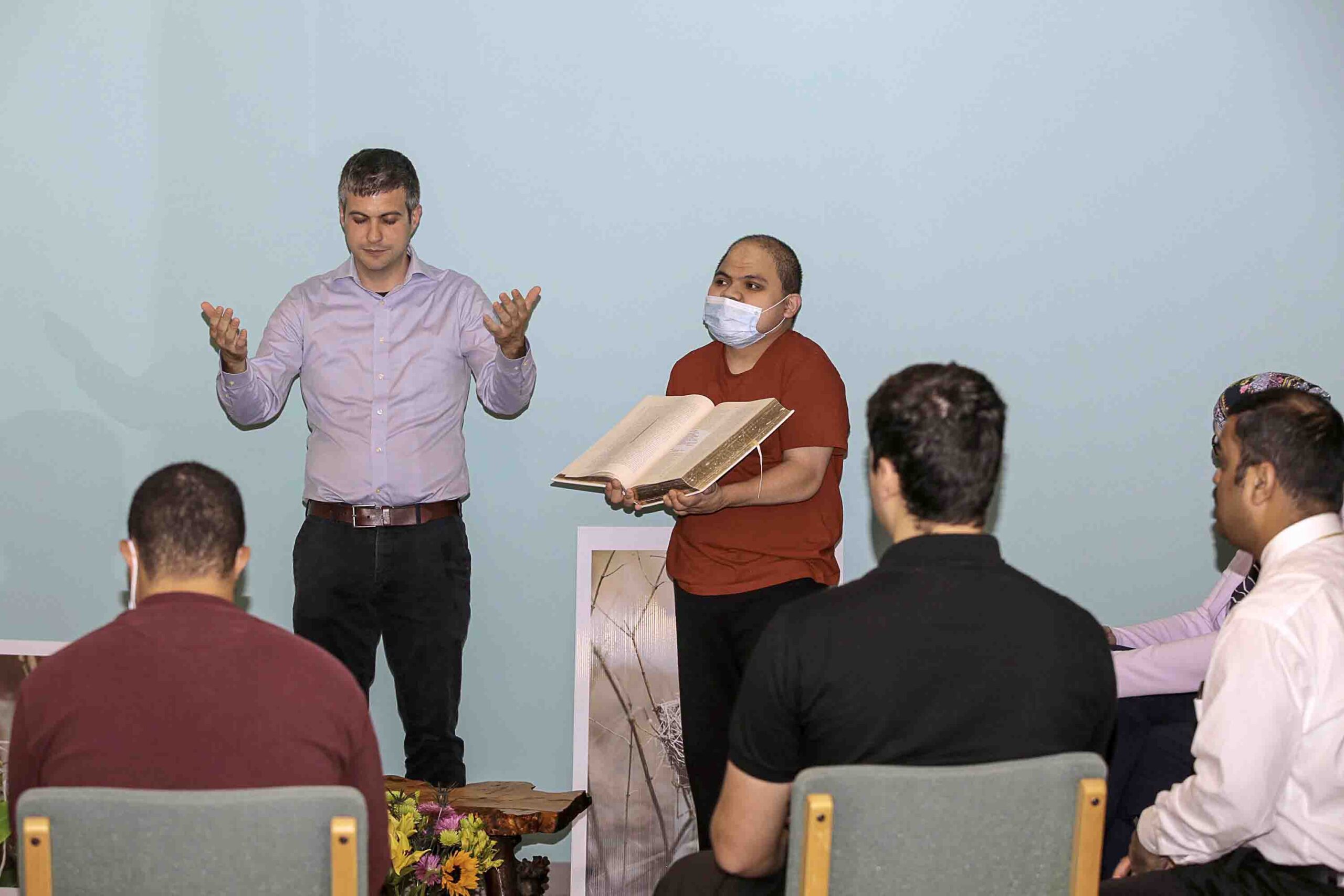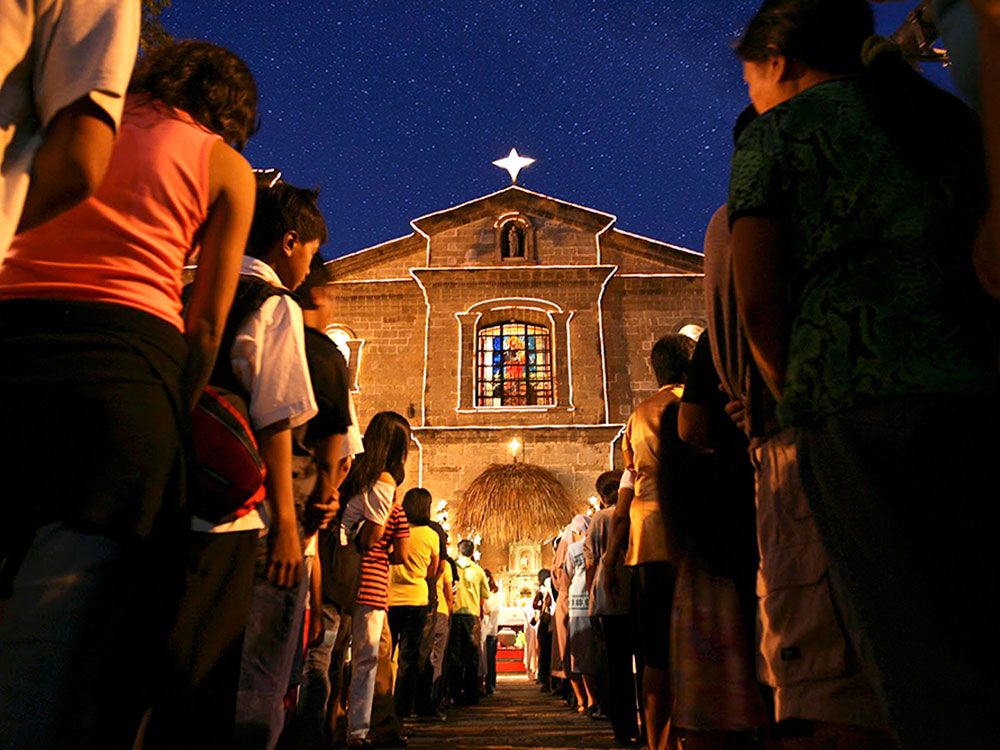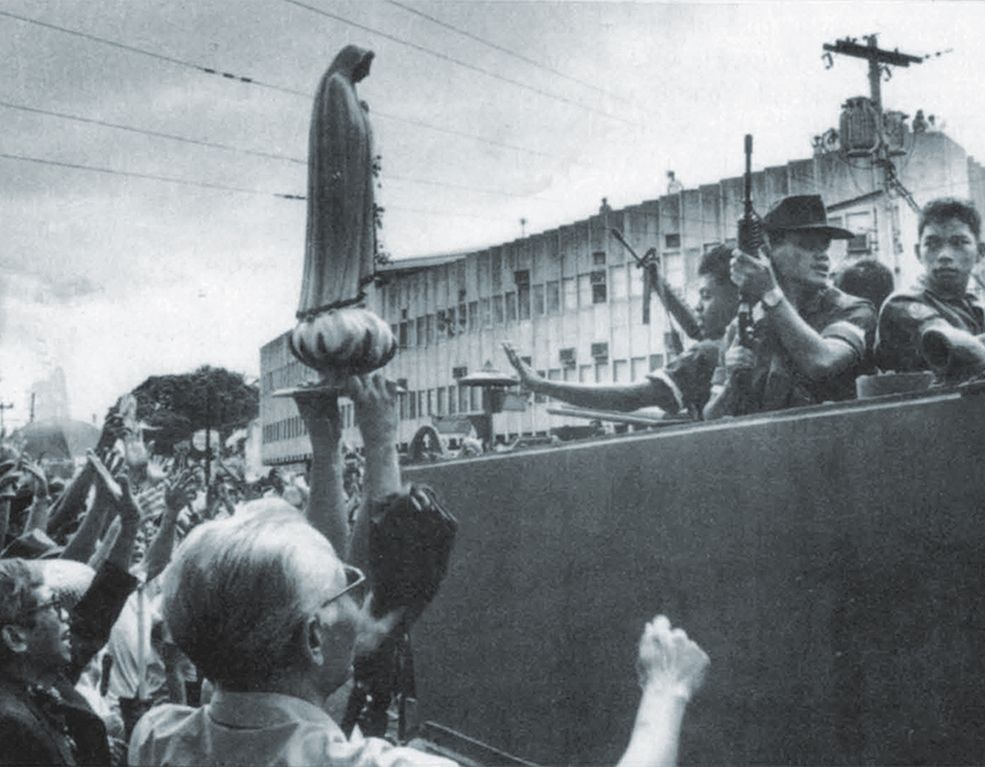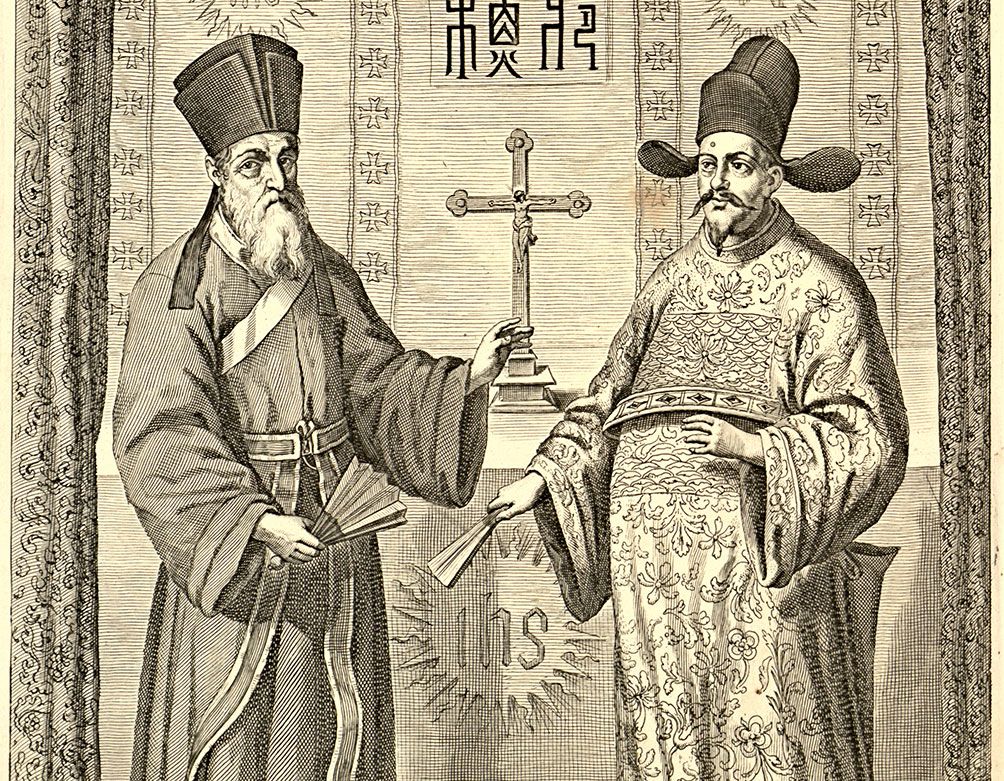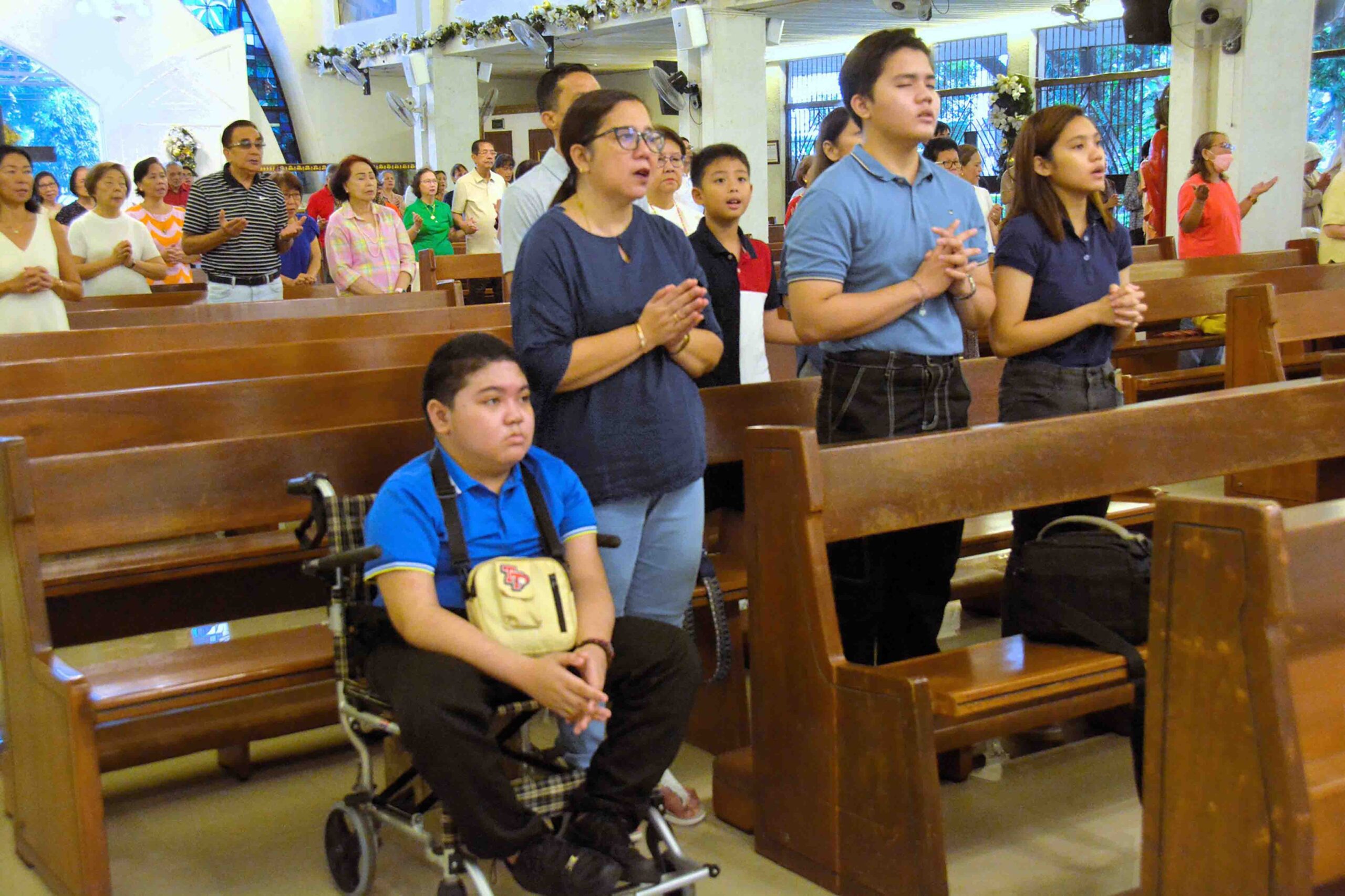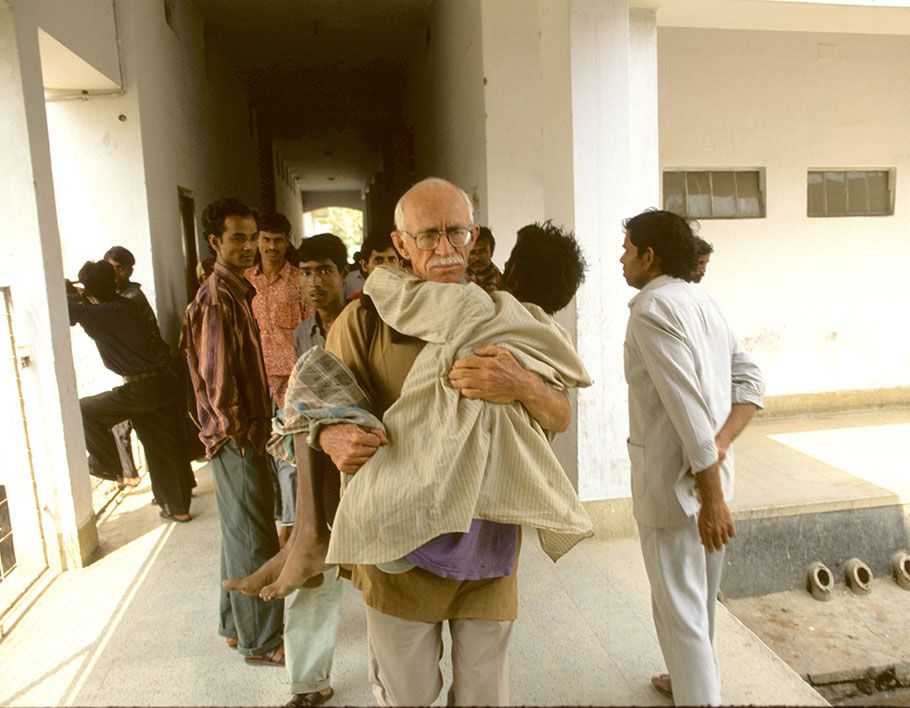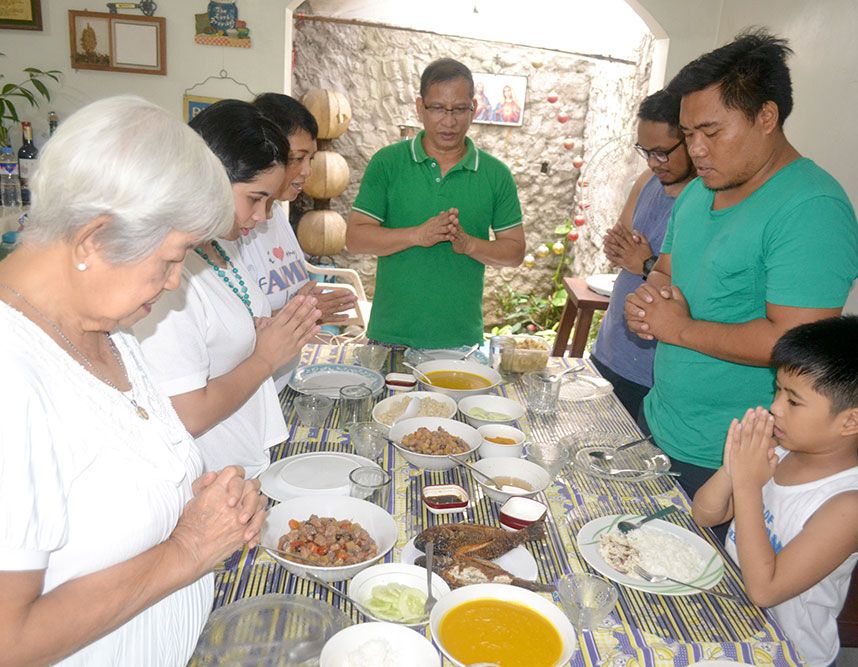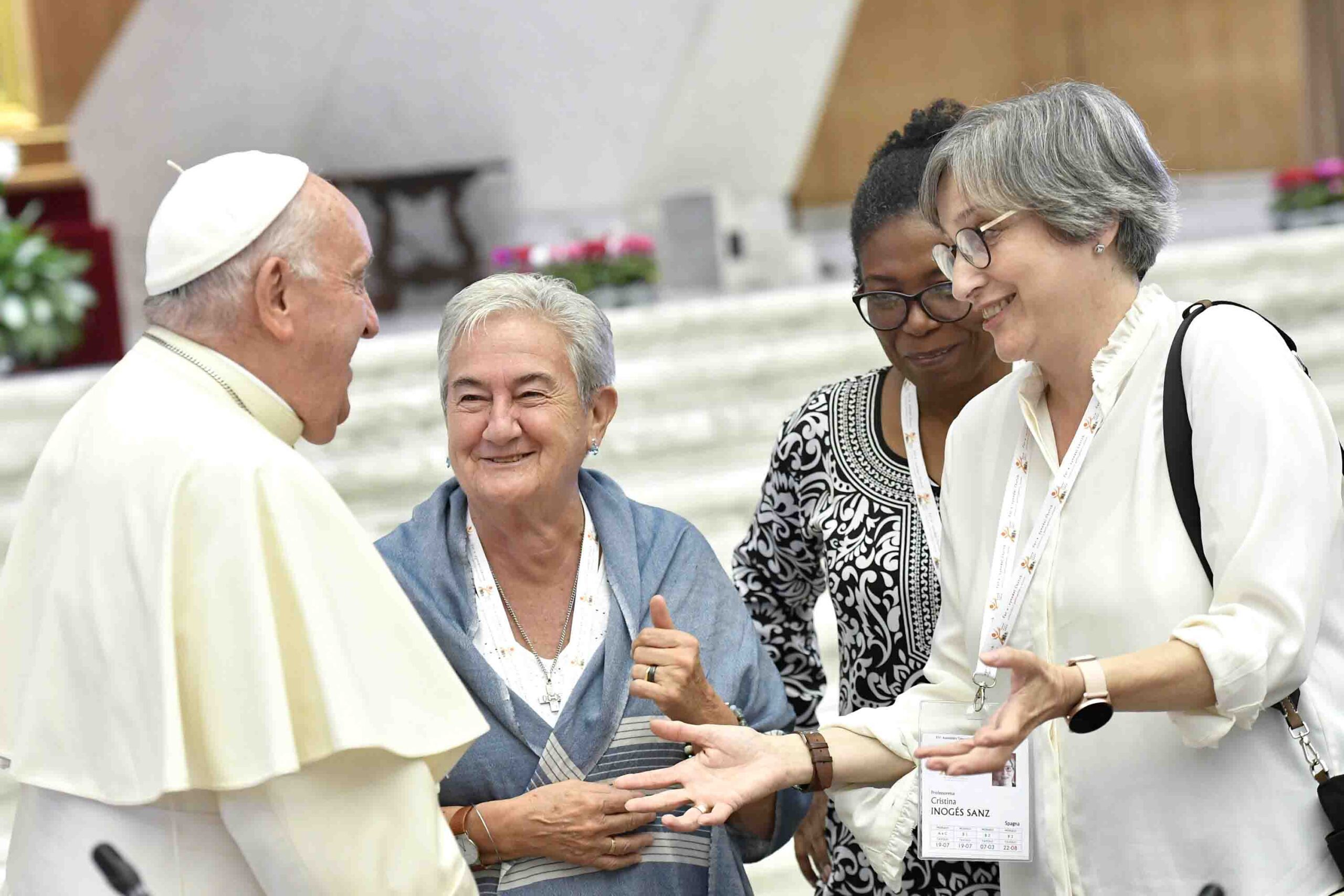Among the first words out of the newly-elected Pope Francis’ mouth were: “How I would like a church that is poor and for the poor.” To speak of the poor immediately was unusual for a new pope. Taking his new name from Francis of Assisi, who is universally identified with the poor, only underscored where he wants to take the Church that is always in need of reform (ecclesia semper reformanda est).
These days, however, it is easy to ignore the priorities that Jesus has laid down, especially when they become challenging. But the Spirit is constantly provoking members of the Church and will continue to “remind you of everything I told you.”
The priority and only judgment of discipleship is Matthew 25: “Whatever you do to the least ones you do to Me.” Unequivocally, Jesus identified first with the least ones; we are to encounter Jesus primarily in them. No other world religion or philosophy makes the poor the most important. This is radical stuff that has yet to be embraced even by those who consider themselves His disciples. But Francis of Assisi took Jesus at His word.
In a provocative article on the Resurrection, published in the Boston Globe on Easter Sunday 2014, New Testament scholar Bart Ehrman, who identifies himself as an agnostic, noted that “Christianity in our age has turned into a religion all about power and wealth and influence. The point about Jesus is that He was not a man of power, wealth, and influence. He was a lower-class peasant who was crucified. So I would think that Christians who are celebrating Easter should recognize that the One that God vindicated was a lowly person who was in support of the poor and the oppressed.” To miss this point is to make Jesus into our image of what we want Him to be rather than what the historical record demonstrates He was.
Pope Francis, at least implicitly, is acknowledging that Christianity today is perceived as being about power, wealth and influence. Otherwise, why would he pine for a church that is poor and for the poor?
The richest 1% owns 46% of the world’s wealth while 3 billion persons have $2 a day or less. The Church has to be unequivocally seen on the side of the vast crowd of the least ones and not on the side of the few wealthy and powerful.
The Pope is musing aloud so that we can hear him plainly and join in a dialogue of how the church will be poor and for the poor. He is responding to a world of inequity in which a tiny fraction has unfathomable wealth compared to the majority who only has crumbs. The church must reform itself first if it is to be salt and light for humanity.
THE PENTECOST EVENT
At Pentecost, the Spirit was poured out among all, not just the leaders of the community. At Baptism, the Spirit is invoked to come upon the newly-baptized and again at Confirmation. “The Spirit blows where it pleases.” (Jn 3:8) But the Spirit can only come under my roof if I am open to the Spirit. The Spirit does not force its way in. Francis of Assisi declined to be a priest. He heard the Spirit’s call to “go and build my house” as a layman. Francis took his cue from there.
GETTING THE BALL ROLLING – THE PERSON
Like St. Francis, we can allow the Spirit to work in us to do His bidding.
However, before we can begin, we must first have the proper perspective. We need to re-emphasize that the person is more valuable than anything. The radical message of Jesus is to give priority to the person, and no less, the least person, even at the expense of the law.
When Rome was still under the Caesars, the deacon Lawrence, as treasurer of the church, was ordered to hand over the church’s wealth. First, Lawrence distributed the valuables of the church, like sacred vessels and any material possessions to the poor of the city, and then gathered the poor and brought them before the emperor to witness that the poor are the church’s treasure. While it is a legend, the teaching point is that persons, no less the least ones, are the church’s true wealth. This is a point that is often missed and needs to be constantly reaffirmed. This story reflects the teaching of Jesus regarding the least ones, that the person is more sacred than any object or place, no matter how lowly the person is. This is the unique characteristic of Jesus’ teaching but members have not always embraced it. Hence, Francis raises the issue again for the whole Church to reflect on.
THE NEW ROME
With the importance of the person – the poor – in mind, we can now look at the institutions, structures and systems that are in place. Currently, the headquarters of the Catholic Church is in Rome which is situated in a privileged part of the planet. The seat of the Church should move to one of the poorest countries of the world. The ten poorest countries in the world are not Muslim, Hindu, or Buddhist, but Christian, and cumulatively, most of the people in these ten poorest countries are Catholic.
I would suggest that papacy be relocated in Haiti, the poorest of the ten, and the most Catholic. Pope Francis recently made a Haitian a cardinal, the first ever. He also made cardinals in several other poor countries, again, to underscore that they are not forgotten.
Of course, Roman businesses would not like to see the papacy leave Rome as it is their main business anchor. Imagine how Haiti might be financially helped if pilgrims traveled to the “New Rome?”
There are those who might argue that Rome is sacred. But that would be idolatry. The papacy abandoned Rome numerous times, usually for political reasons. For 69 years and through seven popes, it was in Avignon, France. For the papacy to move to a poor country like Haiti, not for political reasons, but to be more attuned to the Gospel, would underscore the church’s primary identification with the least ones. Can you imagine the impact this would have on the whole world? Would this not be the New Evangelization?
SACRED PERSONS, NOT PLACES
The church needs to have a moratorium on lavish buildings. A song offers: “Lord, we don’t need another mountain. There are mountains and hillsides enough to climb…till the end of time.” The song continues: “What the world needs now is love, sweet love. It’s the only thing that there’s just too little of.” There are endless cathedrals and shrines all over the world. What is the point of seeking to build more, and to engage competitively in bigger and more lavish ones? Jesus did not lament the loss of the Temple. For him, the true temple where the Spirit dwells is within flesh, the person. Too often, Catholics can’t spend enough on buildings and yet ignore poor Lazarus at the door of the shrine or cathedral.
CHURCH AS MUSEUM OR GARDEN?
The Vatican needs to rethink maintaining museums. It is not its mission but a deviation from it. St. John XXIII observed: “We are not on earth to guard a museum but to tend a blooming garden full of life.” In other words, the church should be not about dead, inanimate things but nurturing the living. Museums are the mission of others, but not the Gospel’s mandate.
More material resources are too often consumed in the construction and maintenance of buildings in the name of God than the building up of the Body of Christ in providing the least with their daily bread.
SIMPLICITY OF LIFE
Pope Francis has, by example, encouraged shepherds to “smell like the sheep.” This meant simplicity in lifestyle and external attire. Prelates are not exactly stumbling over one another to fulfill his request. The poor are intimidated by those who have the symbols of power. Where one lives and what one wears can make the poor far from feeling they are “one in Christ” with persons who live far beyond their means and attired in symbols of power.
In Philippians 2, Jesus, who is described as being one in God, did not deem equality with God, but emptied Himself taking the form of a servant. For prelates to preen about with titles and unique garb that makes them appear as distinct from the rest of humanity glosses over the kenosis or the “emptying out” of Jesus. They live in cognitive dissonance as to the person of Jesus.
Recently, Pope Francis put the brakes on elevating priests to the title of Monsignor, “my lord,” another step towards “emptying out.” The same challenge applies to all disciples, to “live simply so that others may simply live.” It would mean being converted from a consumer lifestyle to one of sharing one’s resources with others, especially the least ones. But if those in leadership positions (shepherds) do not lead in this regard, one can hardly expect the sheep to divest themselves. Pope Francis, nonetheless, is setting the example, and at least, making others, perhaps, uncomfortable. It is a beginning.
To set simplicity in motion, Pope Francis could simplify his nine titles to one without any doctrinal difficulty. Pope Benedict XVI dropped one (Patriarch of the West) during his tenure in office.
Jesus’ teaching is that the greatest among you will be the one who serves. Pope Francis could drop eight of his titles and retain the one few would covet – servus servorum Dei (the servant of the servants of God). By having only this one title, the message is clear: that the way of the Kingdom of God is not about acquiring power but serving.
In Matthew 23, Jesus counseled against acquiring titles and seeking privilege. By emphasizing service unequivocally, the message would be clear to all members.
Service is an antidote to the corruption of power. The poor are powerless. With power, one stands over those without power. By coming as a servant to the least ones, they would not be intimidated. Again, it reinforces the kenosis, the emptying out of Jesus to become a servant.
DISCERNMENT THROUGH THE COMMUNITY
The above points are simply some starter points for a further discernment by the community of believers and to encourage more to offer their insights as to how the church can be poor and for the poor.
This new church will never be a reality if it is something created from the top only or by a few from below. As many believers as possible need to offer their insights, and through discernment from the larger community, the new church of the poor and for the poor will begin to take shape.
BE PART OF THE DIALOGUE OF DISCERNMENT
I invite readers of World Mission magazine to enter into the dialogue with Pope Francis, to help envision a church that is poor and for the poor. I would suggest that readers respond by forwarding their response how Pope Francis’ question might be realized. How do you envision a church that is poor and for the poor? I would encourage you to send your response to me at my email address or to World Mission magazine (eacoyn@gmail.com or wm.editor@gmail.com), and in a future article, we can compile the responses of readers in the hope that it will reach others and prompt them to contribute further These responses can then be forwarded to Pope Francis to show him that others have heard him loud and clear.
But that will not be the final word. Rather, to offer the findings to a wider audience of the Body of Christ to further discern what Pope Francis requests. The future Church is in our hands.











